Will women-focused coworking spaces fix Rich List inequality?
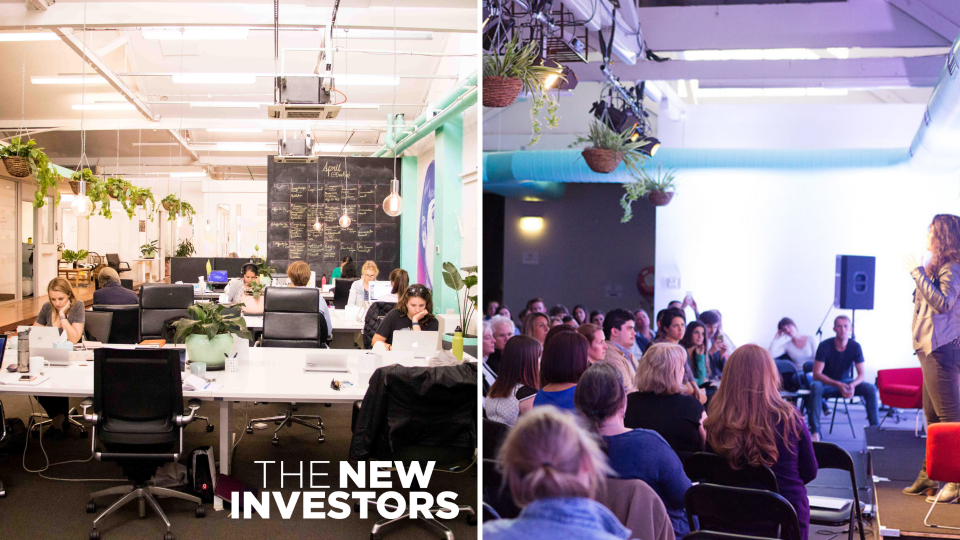
Australia, we have a problem.
The Australian Financial Review’s young rich list for 2018 is out and of the 100 rich-listers, only 10 are women.
There are nearly as many Tims and Andrews on the list as women combined. In fact, the number has gone backwards since the list was created 15 years ago, when 23 per cent were women – 14 of its 61 members.
But the lack of women in the list of wealthiest self-made Australians is not because women have no entrepreneurial spirit. In the same month as the Young Rich List was released, two studies found that women are more likely than men to aspire to own a small business but are also more likely to fear failure.
So, “where are all the women?!”, asks founder of female-centric co-working space, One Roof, Sheree Rubinstein.
Rubinstein believes female-centric co-working spaces could be the answer to the imbalance.
“Early on in my corporate legal career I discovered a problem that I couldn’t undiscover. The universal, significant and persisting problem of gender inequality in business, leadership and entrepreneurship,” Rubinstein wrote in a blog post.
She began running networking events, focus groups and eventually a pop-up co-working space in St Kilda, Melbourne.
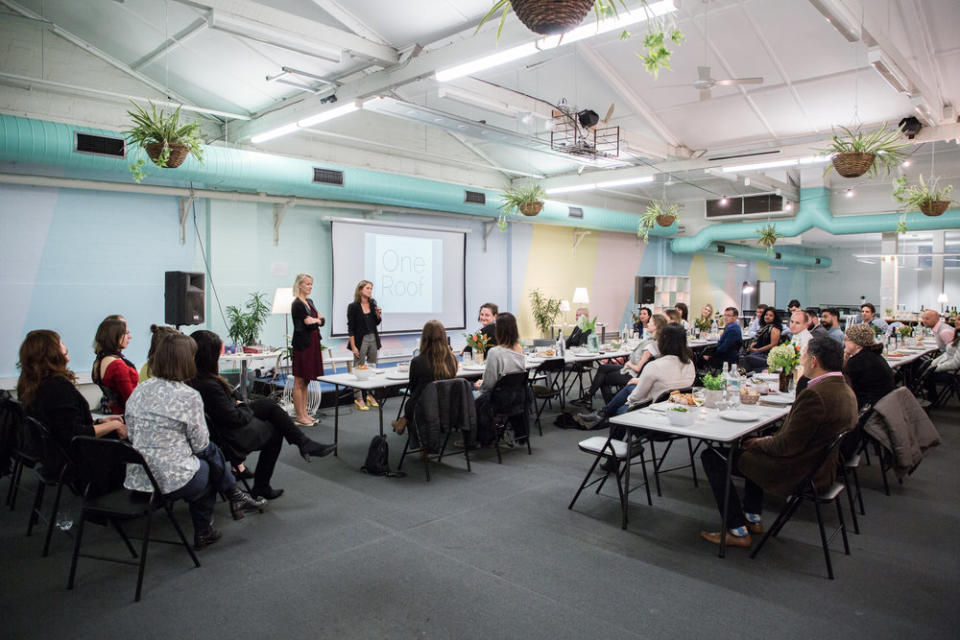
“It was called One Roof to embody the idea of creating a physical hub providing everything a female entrepreneur needs to succeed in business all under one roof.
“When 400 people came through the doors in just one week (unbeknownst to the landlord!) it was clear there was a need for a female focused co-working space.”
One Roof co-working space was officially born, and now functions as Australia’s leading female-centric co-working space.
Note: female-centric, not female-only. This means the 85 businesses which call One Roof home have a female co-founder, founder, CEO or really believe in the One Roof message.
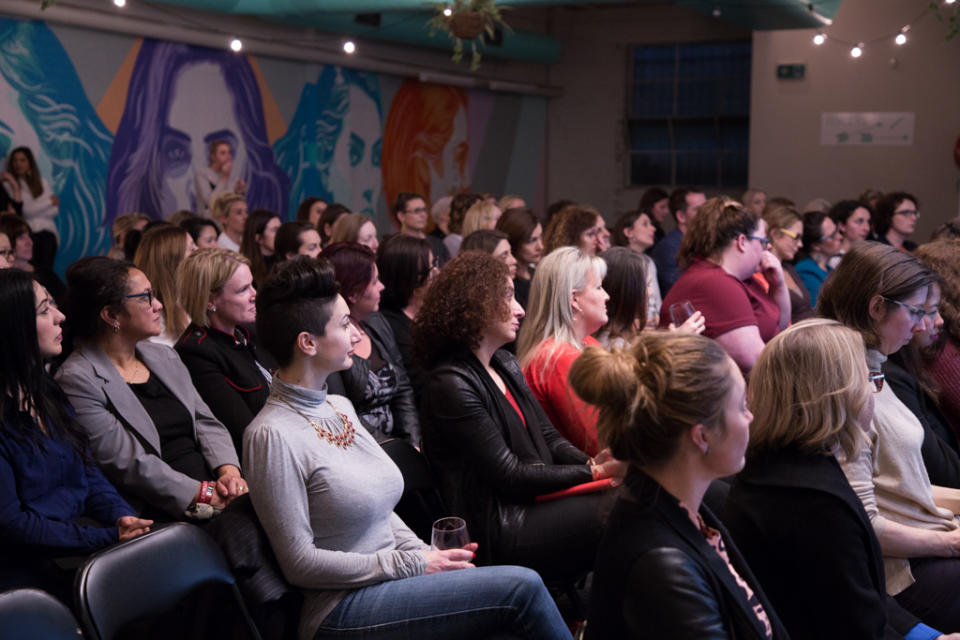
The founder of personal finance app Finch, Shahirah Gardner, is one of these.
“We love it here because it really focuses on community and collaboration,” Gardner told Yahoo Finance.
“What that means for our team is they get access to the entire One Roof community program across both professional and personal development activities like master classes, yoga, meditation classes, community challenges, fitness challenges and it’s really important for them to feel like part of a community that is bigger than them.”
A global phenomenon
But One Roof is not a unique concept. The Women’s Organisation in Liverpool, UK has supported the development of more than 1,000 new, female-led businesses since it opened its doors in 2011.
The space was developed to meet the needs of female entrepreneurs, with a major emphasis on creating a supportive environment.
“For many women-led startups, they begin their business journey from a home office. However, often the experiences of the women we’ve worked with indicate that this only serves to compound a common issue for women entrepreneurs who typically find themselves as primary caregivers for young, elderly or infirm relatives,” The Women’s Organisation engagement and marketing manager Joanne Austin told Yahoo Finance.
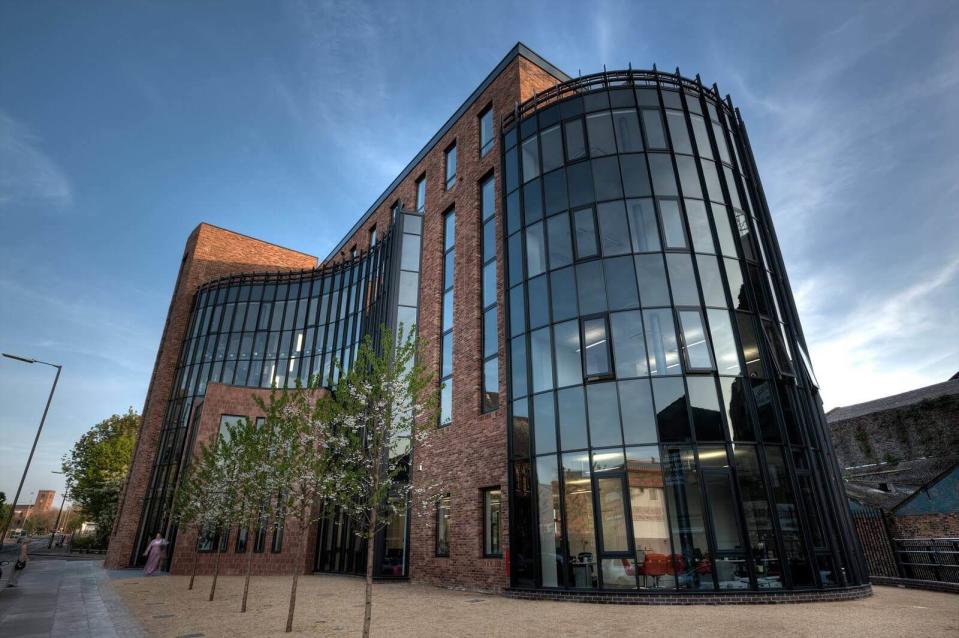
“Working from home prevents them from making a clear distinction between home life and working life, and often their businesses are then either not taken seriously by those around them, or are hindered as their other responsibilities don’t reduce as their business increases due to their close physical proximity to all that needs to be done.”
A co-working space meant female-led businesses could gain the legitimacy that comes with an office space without the crippling overhead costs.
Additionally, it was a safe place for collaboration and networking, with an open-plan kitchen, break-out spaces and an open-door policy.
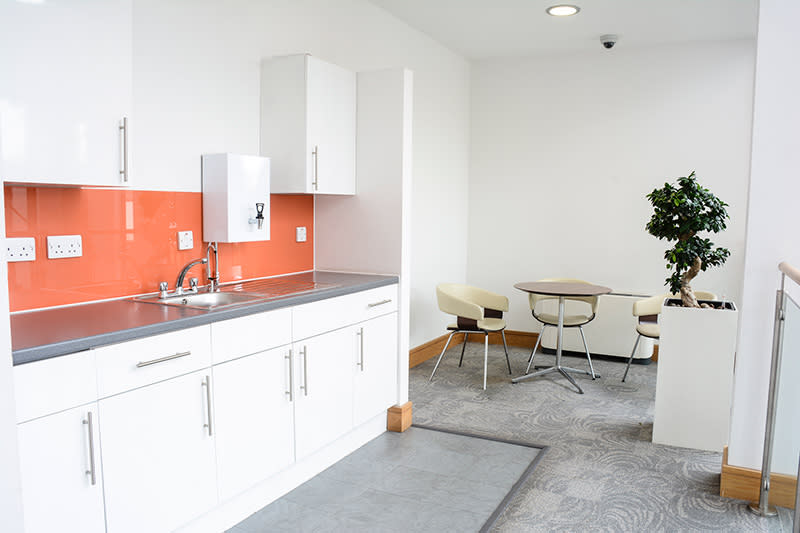
“Our research showed that the typical user of co-working space within the city region tended to be men, particularly those in the digital and creative fields. Our service users often found these spaces intimidating and longed for a safe space where they could both serve business need and feel supported,” Austin explained.
These male dominated tech and startup networks are often cited as a major reason for the lack of venture capital funds invested in female-owned start-ups.
Data from PitchBook, an M&A, private equity and VC database, found that female founders only got 2 per cent of the $US85 billion invested by venture capitalists in 2017. All-male teams got 80 per cent, and mixed-gender teams got the rest.
Support networks and knowing the right people is key to successful entrepreneurship. And building a network needed to get funding can be harder if you’re working from home or in an office that’s not supportive.
“When asked why women chose our space, we are typically told ‘I feel supported’, ‘It’s great to meet other women in exactly the same position as me’,” said Austin.
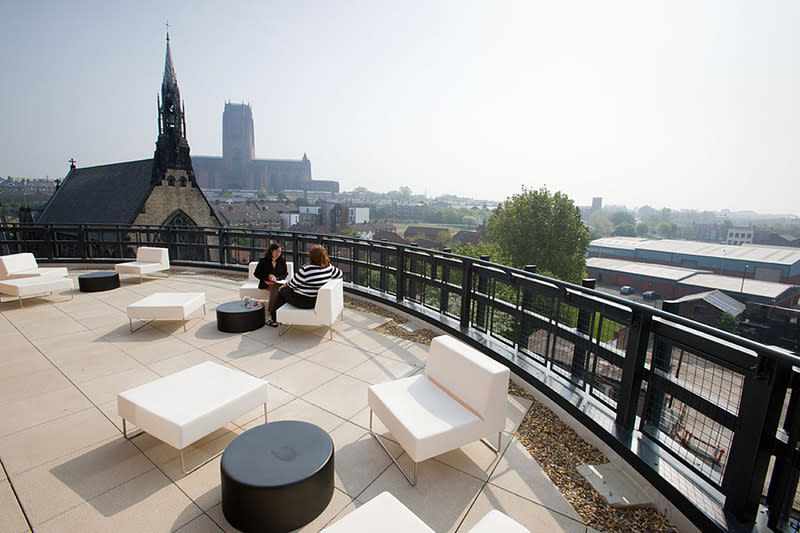
The Women’s Organisation was the first of its kind in the UK but a number of similar co-working spaces have taken off in the US.
Perhaps the most well-known is The Wing. Although it only opened its doors in October 2016, it has Instagram-worthy spaces in Washington DC, San Francisco, Los Angeles, Chicago, Toronto, Seattle, London and three in New York City.
The exclusive spaces come with annual membership fees of nearly $4,000 per member, but for that price, workers get access to the space, food and drinks, and even access to the blow-dry and beauty bar.
“The Wing’s mission is the professional, civic, social, and economic advancement of women through community. We believe that the act of coming together in furtherance of The Wing’s mission creates new opportunities, ideas and conversations that will lead to greater mobility and prosperity for womankind,” The Wing says on its website.
It’s an admirable goal. Here’s hoping they achieve it.
Make your money work with Yahoo Finance’s daily newsletter. Sign up here and stay on top of the latest money, news and tech news.

 Yahoo Finance
Yahoo Finance 
